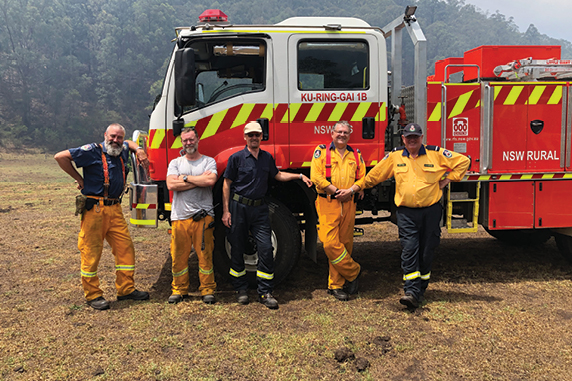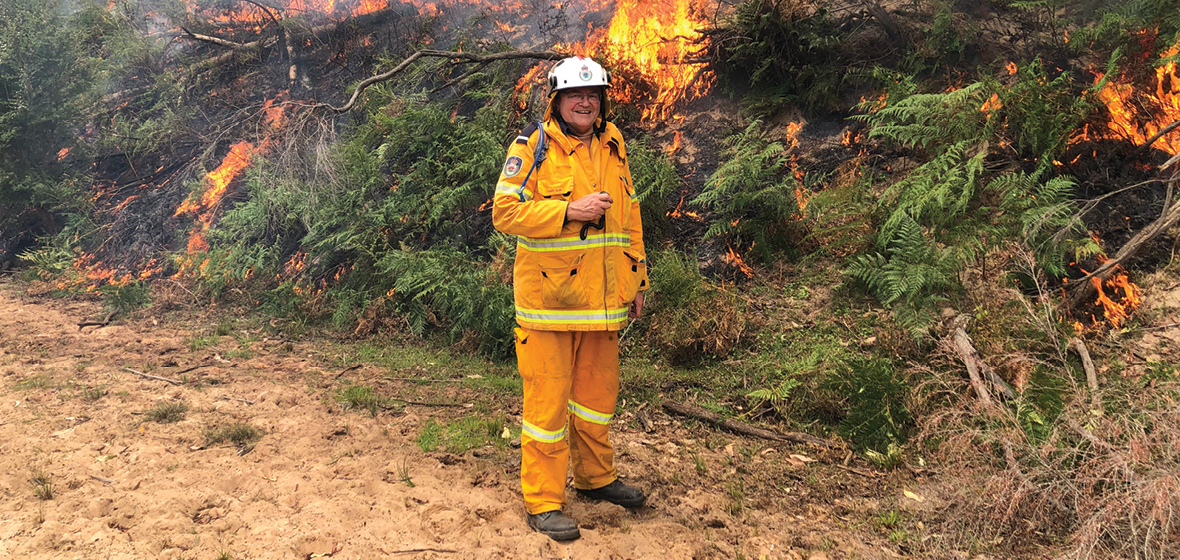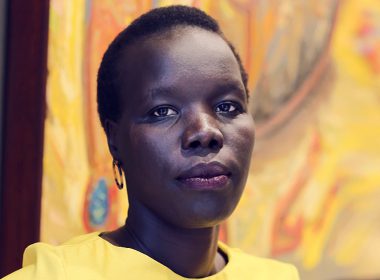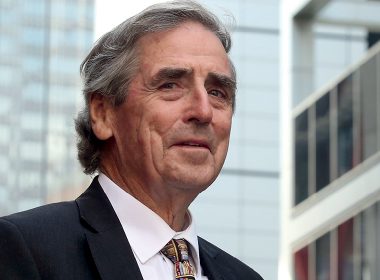Former Clayton Utz partner Stuart Clark has quite literally walked through fire throughout his 40-year legal career. The volunteer firefighter, who joined the NSW Rural Fire Service when he was in high school, describes how he survived this year’s catastrophic bushfires.
Stuart Clark apologises in advance for any uncontrollable coughing that might interrupt our chat when we meet for lunch in Sydney in January.
He has spent weeks inhaling dust, smog and ash while battling the devastating bushfires raging across NSW. After sucking in air that makes the most polluted cities in the world seem immaculate, he has contracted a minor respiratory infection.
“I guess it’s a foreseeable risk of firefighting,” the former litigator chuckles; a nod to his formidable experience in negligence law.
Clark, a sole practitioner on Sydney’s North Shore, spent the best part of his 40-year legal career as a litigator at Clayton Utz. He rose to partnership in 1988 and focused mostly on defending class actions and large-scale litigation, as well as advising Royal Commissions and the NSW Independent Commission Against Corruption (ICAC). In 2019, he decided to step away from the frenetic pace of top-tier litigation to set up his own small practice, Stuart Clark Advisory, and now runs it out of his home office in Killara.
Over a career that has seen monumental upheaval for the legal profession, one thing has remained constant for Clark: his volunteer service with the NSW Rural Fire Service (RFS). Clark joined the RFS in 1973 to complete the service component for his Scout Award, and found the experience so rewarding that he never left.
Clark has battled blazes in some of the most infamous fire seasons; including 1984, when fire razed almost two million hectares of land in NSW, and in 2001, when more than 100 fires flared across the state in the “Black Christmas” bushfires. But even this veteran firefighter and deputy captain in the Killara Brigade has been shocked by the ferocity of the fires this season.
“I’ve been doing this for 46 years and I’ve seen intense fires before. But we’ve never seen that intensity over such a sustained period, and over such a huge area,” he says. “That’s a function of the drought. The lack of moisture in the fuel is just frightening.”

Clark and I have chosen a week in late January to meet in Sydney’s legal district, during a period of welcome reprieve from the fires. “Chosen” is a loose term – our meeting date has been dictated by weather conditions and Clark’s limited ability to plan ahead when at any moment he may be called upon to help control one of the 140-odd fires still smouldering around the state.
Today, Clark has time for a working lunch at Mordeo Bar and Bistro – a classic meeting place for the movers and shakers of Phillip Street. Popular for its location midway between the NSW Supreme Court building and the offices of four of Australia’s “Big Six” firms, including Clayton Utz.
Sydney’s ubiquitous smoke haze has finally left the city. It’s a rare treat that affords us opportunity to enjoy an open-air setting.
Clark’s plate of cubed Yellowfin tuna and handmade linguini is also a treat. During bushfire season his diet more often consists of the canned variety; alongside crackers, muesli bars, and other non-perishable items that can be stowed on a fire truck.
“You tend to eat a lot of rubbish,” he admits. “You live on packets of chips, muesli bars, sweets. It’s so unhealthy but you need that high-energy food. And litres and litres of water.”
Clark reckons he has been away fighting fires for 20 to 25 days since November. Away shifts can last up to five days and require teams to sleep in defence force barracks, police academies, motels and even tents where necessary. Clark says surroundings don’t really matter – once the adrenaline wears off, the volunteers are so exhausted they often fall asleep sitting upright in the truck.
“When I was fighting the fires up at Bilpin, we were caught in an ember attack and it was like being in a Harry Potter film,” Clark recalls. “Imagine driving down a road or a track and somebody’s throwing fire on the ground, like casting spells.
“You would see a bush suddenly ignite and burn, like pop! Pop! Pop! The air was so dry, the fuel so hot and humidity so low that the embers were hitting bushes and just exploding. It was unreal.”
With 43 years of experience under his helmet, Clark says he rarely gets scared even in situations like the one he has just described. His wife Narelle, who also volunteers in the Killara Brigade, is usually the one doing the worrying. But it helps that communications, safety and equipment have all vastly improved since Clark began volunteering. The Clarks can text and call each other throughout a shift and Narelle often gets the first look, via text message, at some of the incredible photos her husband has snapped while on duty.
Unfortunately, tragedies do still happen. Seven people have died in NSW this fire season and three of them were RFS volunteers.
Clark admits being on the frontline to watch houses and livelihoods destroyed day after day can be traumatic. The emotional burden that comes alongside such exhausting physical work is sometimes hard to bear.
“Trauma is not uncommon,” Clark says. “I’ve been lucky to not have been too affected. Do we talk about it? Yeah. Yes we do.
“I guess your next question is, why do I keep doing it [fighting fires]? It sounds corny but it’s my way of giving back to the community. Being a partner in a law firm or being a lawyer is an extraordinary privilege. This is my way of sharing the position of privilege I have, for the benefit of the community.”
We ate:
Yellowfin tuna linguine, and fish of the day Atlantic salmon with broccolini and garlic mash.
We dined at:
Mordeo Bistro & Bar, 126 Phillip Street, Sydney





